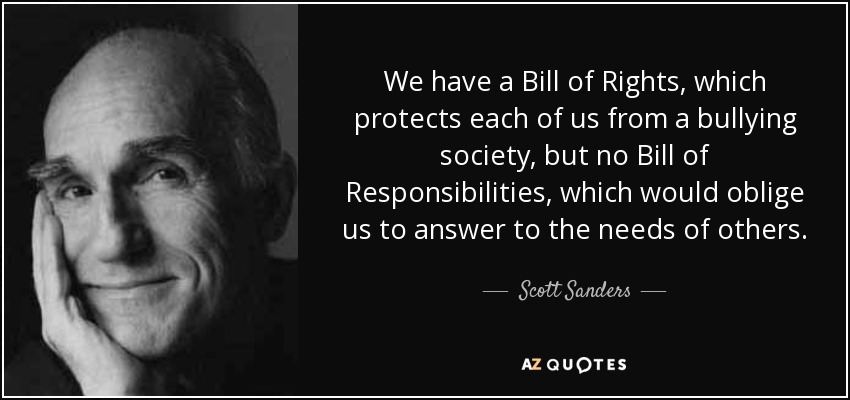Freedom is a word that gets thrown around a lot here in the US. Especially in an election year. ESPECIALLY especially in THIS election year. Vote for (fill in the blank) because OUR FREEDOM IS AT STAKE!!! Another word that we use interchangeably with …
Read More


